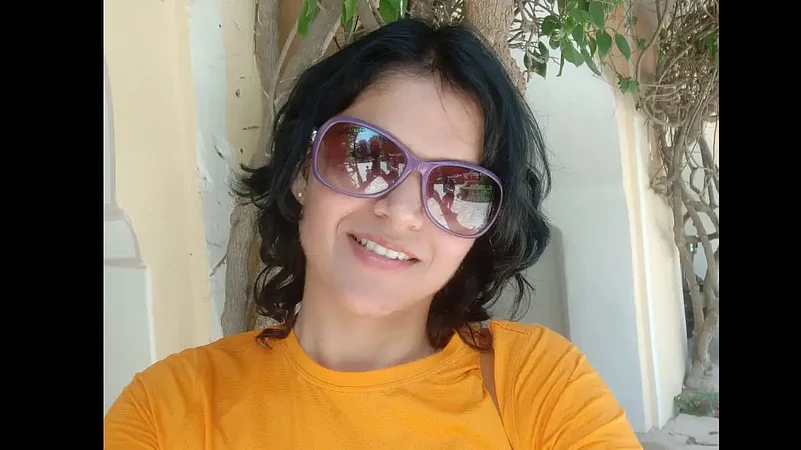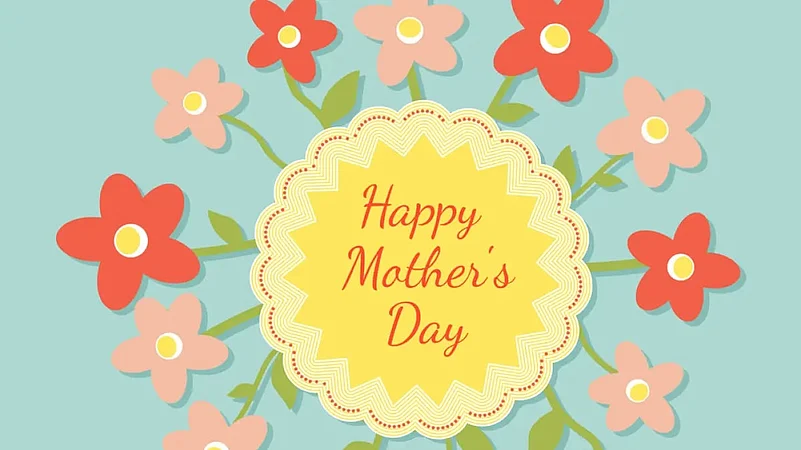They say experience is the best teacher. Sukhmander Kaur Sanghera is 88 years old, and has learnt much in her eventful life during which she has experienced a closed economy as well as today’s globalisation. Her most important advice? “Save money for your retirement and old age,” she says. “Spend money only where it is necessary. Don’t waste it,” says the octogenarian, who is an avid card player. Planning for retirement is easier for those who get pension; “those who don't, need to ensure they save money that will accrue interest,” she adds. Being prepared for emergencies is also important so keep some liquid cash, she says.

You Never Know When You Will Need The Money
Jaya Chowdhury, a 62-year-old homemaker, also believes in being prepared. “I got married at quite an early age and due to lack of financial knowledge in those days, I did not invest my savings. But later, as I knew more, I invested in fixed deposits, MIS (monthly income scheme), post office savings, National Savings Certificate (NSC). I haven’t looked back since,” says Jaya. She has used those investments to pay for her daughter’s marriage expenses, son’s Master’s course and also for other purposes. “If there is one thing that I have learnt from life, it is that you never know when and where you might need money. So, investments should be done with a long-term view and consistently so that the value of the asset grows. I would advise young mothers to always set aside some portion of their salary or income for medical insurance, investments and household expenses,” she adds.
Financial Independence
Rashmi Anand, a 36-year-old mother of two boys, took a career break but was worried that getting back would be an issue. “I took a long career break of almost a year and a half after my second child was born. On one hand I had the worry of caring for my newborn son and on the other I worried about taking such a long career break,” she says. Rashmi’s company had a special programme for new mothers and she got her job back. “Working gives you a sense of financial freedom and independence. Therefore, it’s important to work but sometimes it can be difficult to get back to work. Now I am in a better and stronger place financially.”

Saving Becomes Second Nature
Utkarsha Nautiyal is 30 years old and busy taking care of Akarsh Nautiyal, her one-year-seven-months-old son even as she works as an HR professional. Utkarsha believes in making careful choices. “If you save even small amounts, it becomes second nature. And when you have worked hard to save money, don't waste it on something that will only last a short time and will simply serve to entertain you. Instead, put money down on something you can use even if it is worn out,” she says. She has learnt to distinguish between savings and investments. “Savings are funds set aside in cash or in a savings account that is available for use in an emergency or for a short-term objective. Savings usually yield a small profit. Investments are funds put into schemes that will earn you more money at the end of a set period of time. According to me, every month, one should save roughly 10 per cent of one's income and set aside 10-15 per cent for investments.”
If parents follow good money habits, it’s likely that their children will do the same. “Children will notice and pick up on their parents' good (or bad) money habits in the same way they learn to imitate language. As a result, it is critical to model healthy financial habits for others by buying on a budget, not overspending unnecessarily, and saving money, among other things,” she adds.
Prioritise Expenses
Setting money targets based on priority of the expense is 29-year-old Sweta Rani’s strategy. The mother of an 8-month-old boy, Sweta keeps separate budgets for saving and investing. “Otherwise, there's no end to chasing after money.” A prudent investor, she believes it's important to invest and save and have both assets and liquidity. “With changing times, everyone’s lifestyle has changed, and accordingly the definition of need and requirement. To maintain a certain lifestyle, I always believe it's crucial to invest first, which will help to build one’s own portfolio. I started this practice at a very early stage of my career, and over the years it has helped me opt for whatever lifestyle I want.”

Diversification is another strategy that Sweta follows. “Don’t rely on one source of income. I have always invested in diverse places, as per my risk appetite and will recommend the same to everyone, including my kids when they grow up.”













